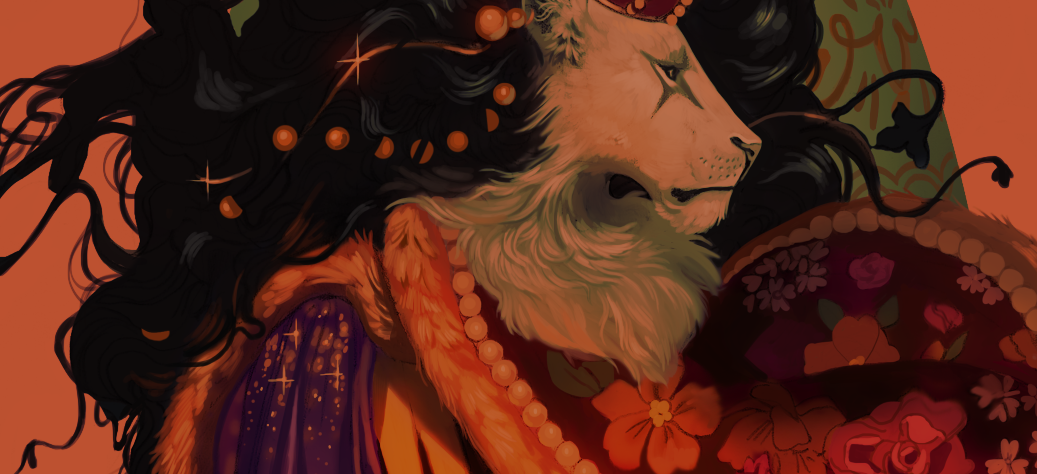|
Which artists deserve credit and which one's don't? Trick question! All of them do. So, I came across a job posting for an illustration gig the other day that had my higher brain functions in a bit of a fit. I won't go into the specifics, but it's one that interested me on several levels. I ended up not just skipping the application, but walked away with inspiration for one very annoyed, very specific blog post. I'll start this off with a nice, easy fact: artists deserve credit for their work. At the risk of sounding blase, there would be no work without the artist. This seems like a simple nugget of wisdom, yet, unfortunately, we live on the planet Earth. Here we have Twitter users reposting other people's work without credit (or giving credit in the second, less-viewed comment), shady online sellers making profit off of stolen designs and potential clients haggling down professionals. The job application I came across was more insidious, appearing perfectly professional on the surface with its highly specific rundown of the job and all that it would entail. That is, until it came to the pesky subject of due credit: this would be a work-for-hire position that would see all copyright going to the owner. As a working professional with over five years of experience, this is nothing new to me. ...Until I got to the following stipulation: the artist may get credit...as long as they are high-profile. Ha ha. Yikes.
0 Comments
No Freelancer Is An Island: Five Free Or Low-Cost Freelance Resources That Have Helped Me Greatly1/21/2020 Being a freelancer is rough. Thing is? It doesn't have to be. Take it from someone whose instinct is to try and do everything on her own: don't. Not only will you run the risk of burning yourself out prematurely, you can set yourself up for failure by missing important legal details or drastically underpricing. There are free and affordable resources out there that can take the sting out of the freelancing process. Pricing, marketing, state law, copyright, portfolio direction, you name it. You can't create a piece of art without tools, right? The same goes for running a successful business. Below are five resources I use on a weekly -- sometimes daily -- basis, useful for both experienced freelancers and budding professionals starting to dip their toes into the working world. Without further ado:
|
AuthorHere I post WIPs, sketches, speedpaints, thumbnails and anything else thrown into the veritable stew of artistic process. Archives
January 2021
Categories
All
|
ServicesBook Covers
Illustration Character Art Portraits Packaging Art Concept Art |
AboutCommercial illustrator and designer currently available for short-term and long-term freelance work.
|
© COPYRIGHT 2015. ALL RIGHTS RESERVED.
|

 RSS Feed
RSS Feed